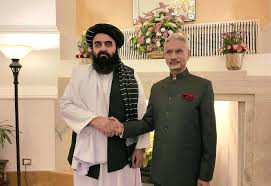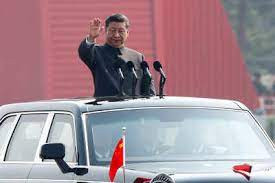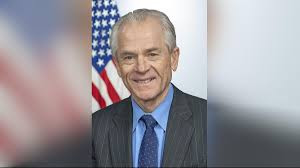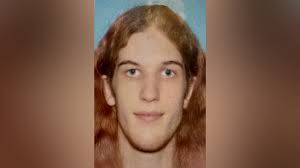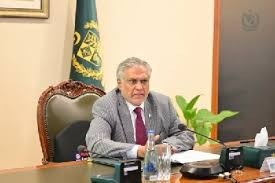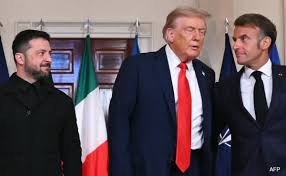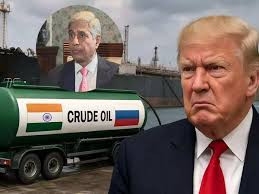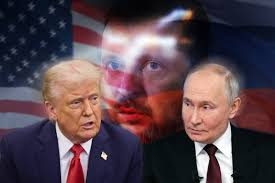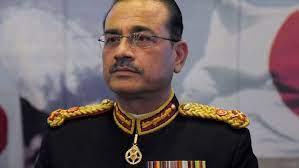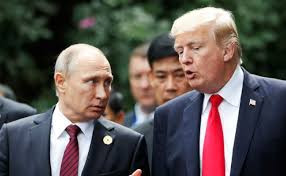"Tensions Escalate in Los Angeles as Protests Surge Following Trump’s National Guard Deployment"
IIE DIGITAL DESK : Los Angeles has been gripped by escalating protests and civil unrest after former President Donald Trump ordered the deployment of hundreds of National Guard troops to the city in response to growing demonstrations. The move, seen by many as a heavy-handed response to civilian dissent, has sparked widespread outrage and drawn thousands of people to the streets, demanding justice, accountability, and the protection of democratic rights.
The protests, which initially began as peaceful rallies, intensified following the arrival of National Guard forces. Many demonstrators expressed concern that the military presence would only fuel tensions rather than restore calm. The unrest stems from a broader national wave of protest that has erupted over issues of police violence, racial injustice, and what critics call authoritarian tactics used by government authorities.
Clashes between protesters and National Guard units have been reported in multiple parts of Los Angeles, including downtown, Hollywood, and South LA. On Sunday night, demonstrators gathered outside City Hall and along major thoroughfares, chanting slogans such as “No Justice, No Peace” and “This is what democracy looks like.” Some incidents of property damage and confrontation were also recorded, although local protest leaders insist that most gatherings have remained peaceful.
“I came out here to raise my voice, not to be met with military tanks,” said Brianna Lopez, a college student participating in the demonstrations. “This is not how a democracy should function. We are citizens, not enemies of the state.”
The Trump administration’s decision to deploy federal troops has come under heavy criticism from civil rights groups, political leaders, and even some local officials. Los Angeles Mayor Karen Bass condemned the federal intervention, stating that the city was capable of handling the situation through community engagement and coordinated law enforcement—not military force.
“The people of Los Angeles are calling for justice, not war,” Mayor Bass said in a public statement. “Deploying the National Guard sends the wrong message and escalates tensions at a time when what we need most is healing and dialogue.”
The Trump camp has defended the decision, citing the need to restore “law and order” and protect public property. In a statement issued from his campaign headquarters, Trump said, “We will not allow our cities to be overrun by lawless mobs. The National Guard is there to protect citizens, not to intimidate them.”
But critics argue that the deployment reflects a broader strategy of suppression and fear. Human rights organizations, including Amnesty International and the ACLU, have documented several cases of excessive force used against demonstrators, including rubber bullets, tear gas, and aggressive crowd control tactics.
Public outrage has also been amplified on social media, with hashtags like #OccupyLA and #GuardOutNow trending across platforms. Videos showing uniformed troops clashing with unarmed protesters have gone viral, prompting renewed debates about the militarization of public spaces and the boundaries of lawful protest in a democratic society.
community leaders and organizers have called for sustained but peaceful protests, urging Angelenos to continue voicing their demands while avoiding violence. Legal aid groups have also mobilized to support those arrested during the unrest, with dozens of attorneys volunteering to assist detainees pro bono.
All eyes are on Los Angeles to see whether federal authorities will heed the calls to withdraw the troops or double down on their presence. With both sides unwilling to retreat, the city appears poised for further confrontations in the days ahead.
You might also like!


